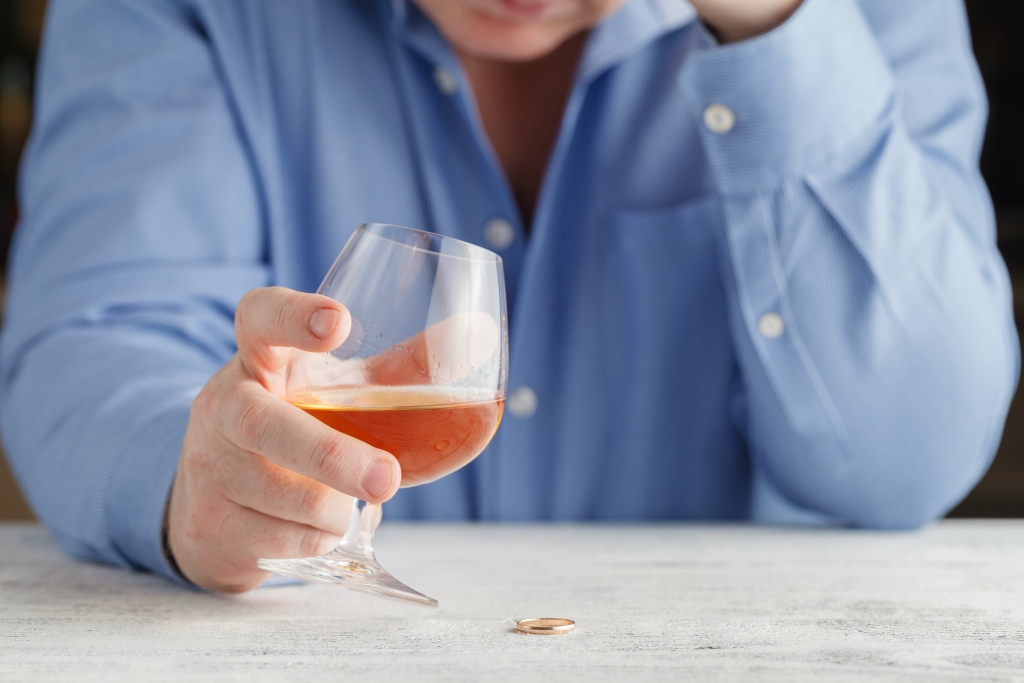If you have coverage of any kind from a major insurance provider, your treatment is likely covered. “A short-term break from alcohol will allow the liver cells to recover from the persistent toxic injury from the alcohol,” Larson said. They may begin to develop sweatiness and become clammy,” Anne M. Larson, MD, a clinical professor of medicine at the University of Washington, told Verywell in an email.
Seizures can occur within 6 to 48 hours, while hallucinations can occur within 12 to 48 hours after drinking is reduced or stopped, says Dr. Nolan. This is considered a medical emergency because it can lead to permanent brain damage. https://ecosoberhouse.com/ If you have severe symptoms, you may require inpatient or even intensive care level monitoring. In these cases, you’re likely to receive one of the various medications, such as benzodiazepines, the most successful in these cases.
Suicide prevention
Long-term alcohol abuse is commonly caused by an underlying condition or physical pain in which alcohol was used to self-medicate those issues. Often, people are tempted to turn back to alcohol to ease the discomfort of withdrawal symptoms. This helps determine if the disorder is mild (two to three Cure for Alcohol Withdrawal Symptoms symptoms), moderate (four to five symptoms) or severe (six or more symptoms). In the first year of the COVID-19 pandemic, alcohol sales increased by almost 3%. Twenty-five percent of people reported drinking more than usual, and deaths related to alcohol-linked liver disease increased by over 22%.

Learn 18 ways to keep your mind occupied while facing alcohol withdrawal. By Sarah Bence, OTR/L
Sarah Bence, OTR/L, is an occupational therapist and freelance writer. She specializes in a variety of health topics including mental health, dementia, celiac disease, and endometriosis. Behavioral health treatment for alcohol problems is often (but not always) covered by insurance. In the United States, most states have low-cost or free rehabilitation programs for those who are uninsured.
Medically Supervised Alcohol Detox
This depends on the individual and the results of laboratory tests that their doctor may order. In general, blood work will test serum magnesium, and replacements will occur if indicated. The person should also try to eat three well-balanced meals per day and drink enough water to remain hydrated. If you’re otherwise healthy and can stop drinking and get treatment, the outlook is usually good.
- In all cases, the management of alcohol withdrawal is monitored and managed by an interprofessional team to ensure good outcomes.
- During this period, more severe symptoms can emerge, including hallucinations (usually hours after stopping) and seizures within the first two days.
- While you may not feel like exercising during withdrawal, a small amount of exercise is a great tool for coping with alcohol withdrawal.
- About 50% of patients who have had a withdrawal seizure will progress to delirium tremens.
Most people experience alcohol dependence with heavy use and experience physical symptoms when they stop drinking. If you or a loved one are struggling with alcohol addiction, our alcohol rehab in Atlanta offers comprehensive care, including detox and ongoing support for recovery. Call our alcohol addiction treatment center today for more information and to begin your path to recovery. Symptoms usually begin within 6–12 hours of the last drink and can last for a few days. Individuals experiencing severe symptoms may require immediate treatment at the hospital treatment to minimize the risk of potential complications.
Alcohol Addiction Treatment
Some symptoms, such as irritability, fatigue, and sleep disturbances, may persist over time while the body adjusts to the lack of alcohol. Individuals may also want to consider maintenance medications, a support group, or enlisting the support of friends. A healthcare provider may request daily visits during which they will likely run blood tests and monitor vital signs until symptoms stabilize. It’s typical for withdrawal symptoms to begin within hours to a day or two after you have your last drink. Symptoms are often at their worst around 24 to 72 hours after you stop drinking. Mild withdrawal symptoms often begin within 6 to 12 hours after your last drink.
- Experts say there are benefits to quitting alcohol for a short period, even if you’re a social or moderate drinker.
- Once you’ve navigated alcohol detoxification, you can focus on treatment that will sustain you through the first phase of sobriety.
- Here’s a timeline of how your body might react after you stop drinking alcohol.
- Remove all alcohol from your home or ask a friend or family member to do it for you.
- In fact, even in clinical studies of patients presenting for alcohol detoxification, the proportion of patients who developed significant symptoms ranged from 13 to 71 percent (Victor and Adams 1953; Saitz et al. 1994).
Having a history of seizures increases your risk for withdrawal seizures. The alcohol withdrawal timeline varies, but the worst of the symptoms typically wear off after 72 hours. People who are daily or heavy drinkers may need medical support to quit. For most people, alcohol withdrawal symptoms will begin to subside after 72 hours.